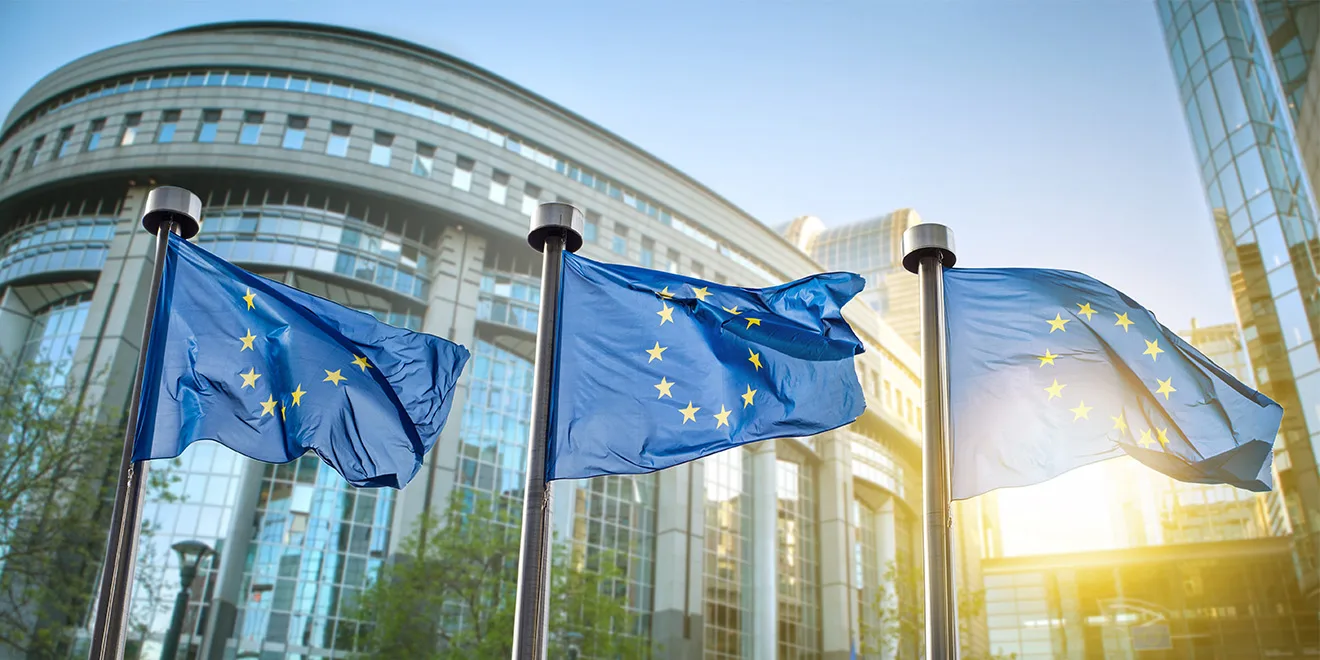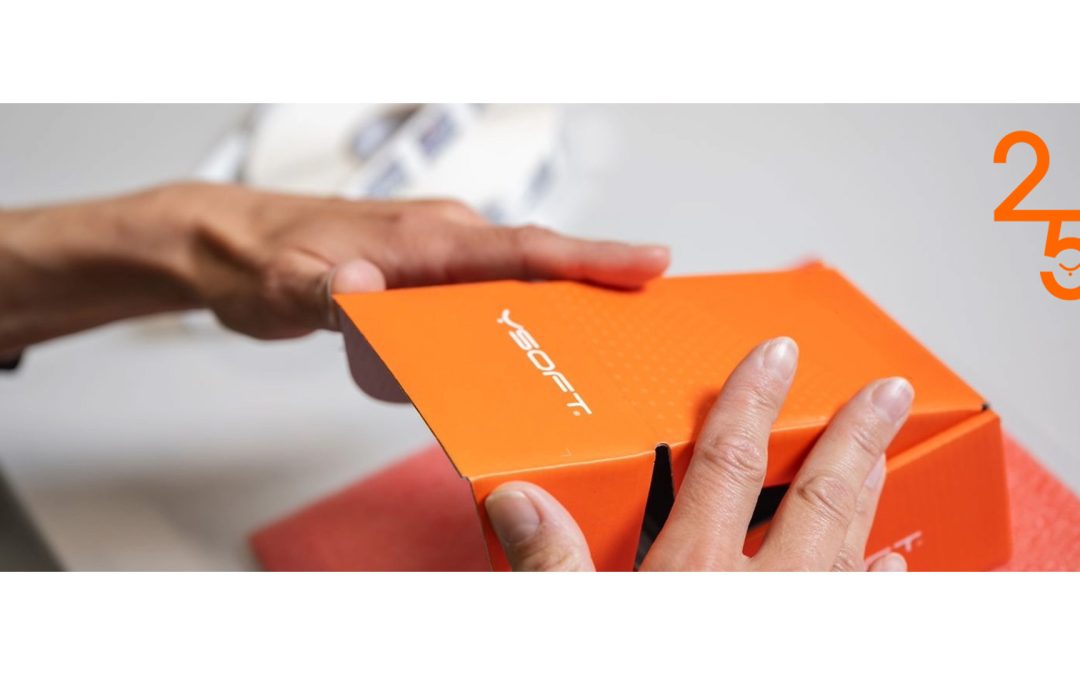 Brussels targets low-value imports to protect European businesses and consumers.
Brussels targets low-value imports to protect European businesses and consumers.
While at Remanexpo 2025 in Frankfurt, the European Commission unveiled measures to tighten regulations on low-value parcels entering the European Union. These shipments, often including toner and inkjet cartridges, have frequently bypassed customs duties and neglected compliance with the Waste Electrical and Electronic Equipment (WEEE) Directive, which mandates proper registration and recycling of electronic products. The Commission’s initiative aims to enhance consumer safety, promote fair competition, and address environmental concerns associated with the surge of such imports.
Key Measures:
- Elimination of Duty-Free Threshold: The Commission proposes removing the current exemption from customs duties for parcels valued below €150. This change aims to ensure that all imported goods are subject to the same duties and taxes, thereby leveling the playing field for EU businesses.
- Enhanced Platform Accountability: Online marketplaces will be held responsible for ensuring that products sold on their platforms comply with EU safety and quality standards. This includes stricter enforcement of the Digital Services Act and the Digital Markets Act.
- Environmental Considerations: The Commission is addressing the environmental impact of the increasing volume of low-value parcels entering the EU, noting concerns about the negative environmental and climate footprint associated with the transportation and disposal of these goods.
In 2024, approximately 4.6 billion low-value consignments entered the EU market, equating to 12 million parcels daily. This figure is double that of 2023 and triple that of 2022, with many of these goods found to be non-compliant with EU regulations.
The Commission’s proposed actions aim to mitigate the risks associated with this exponential growth, ensuring consumer safety, fair competition, and environmental sustainability. Henna Virkkunen, Executive Vice-President for Tech Sovereignty, Security, and Democracy, emphasized the importance of these measures, stating that the EU is committed to addressing the challenges posed by the rise in e-commerce imports to ensure a competitive sector that keeps consumers safe, offers convenient products, and respects the environment.
For businesses within the EU, particularly those adhering to stringent safety and environmental standards, these measures could provide a more equitable market environment. By reducing the influx of non-compliant goods, EU-based companies may find improved opportunities for fair competition.
The Commission calls on EU countries, co-legislators, and stakeholders to work together to implement these measures. Within a year, the Commission will evaluate the effectiveness of these actions and may propose further measures if necessary.
These developments were announced during the same week as the Remanexpo/Ambiente event in Frankfurt, where industry professionals gathered to discuss trends and challenges in the remanufacturing sector. The Commission’s initiative aligns with the interests of many attendees, particularly those concerned about the impact of non-compliant imports on fair competition and environmental sustainability.
Our take on this: The European Commission’s new measures represent a concerted effort to address the challenges posed by low-value e-commerce imports. By focusing on customs reform, consumer protection, and environmental considerations, the Commission aims to create a safer and more equitable market for both consumers and businesses within the EU.




















